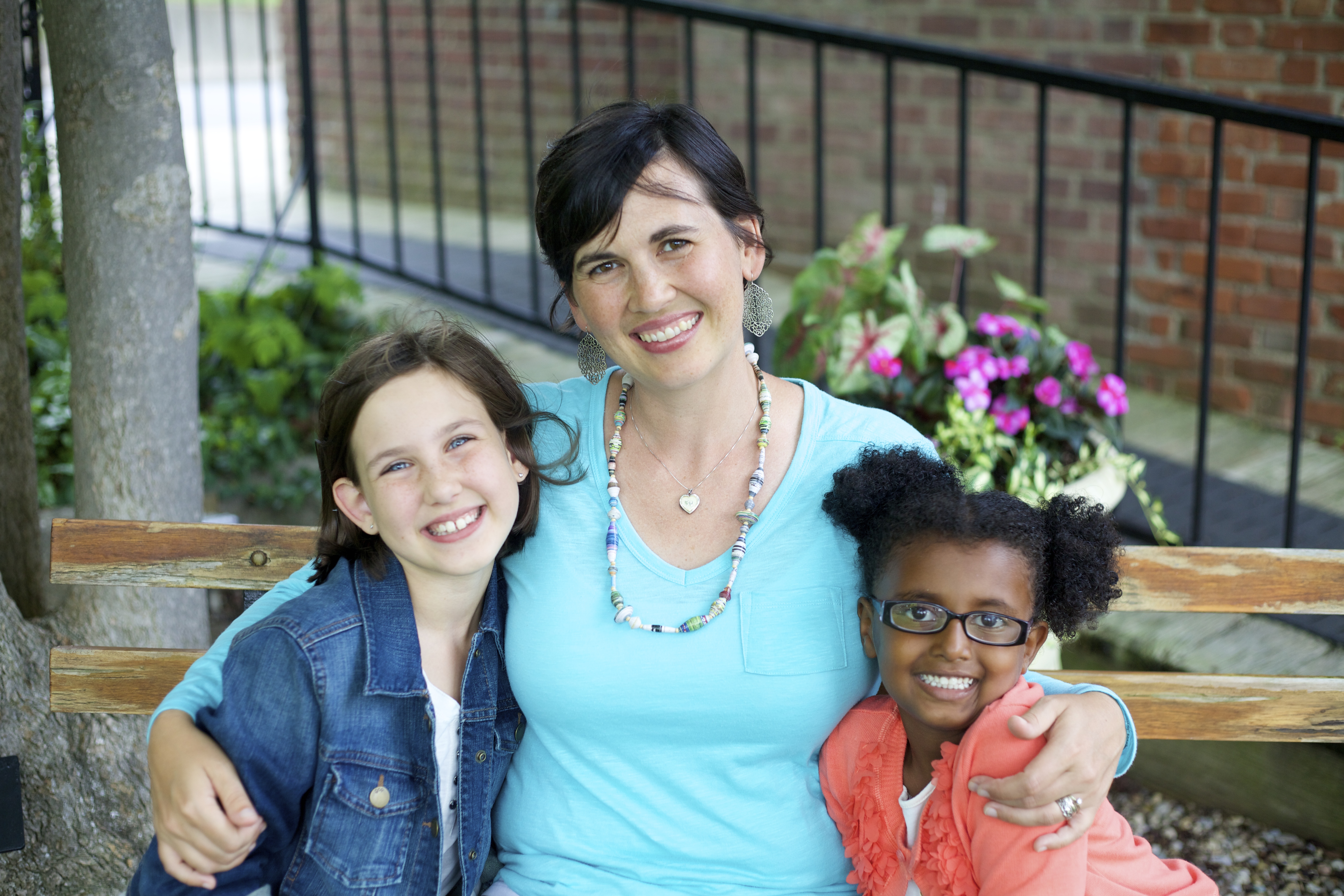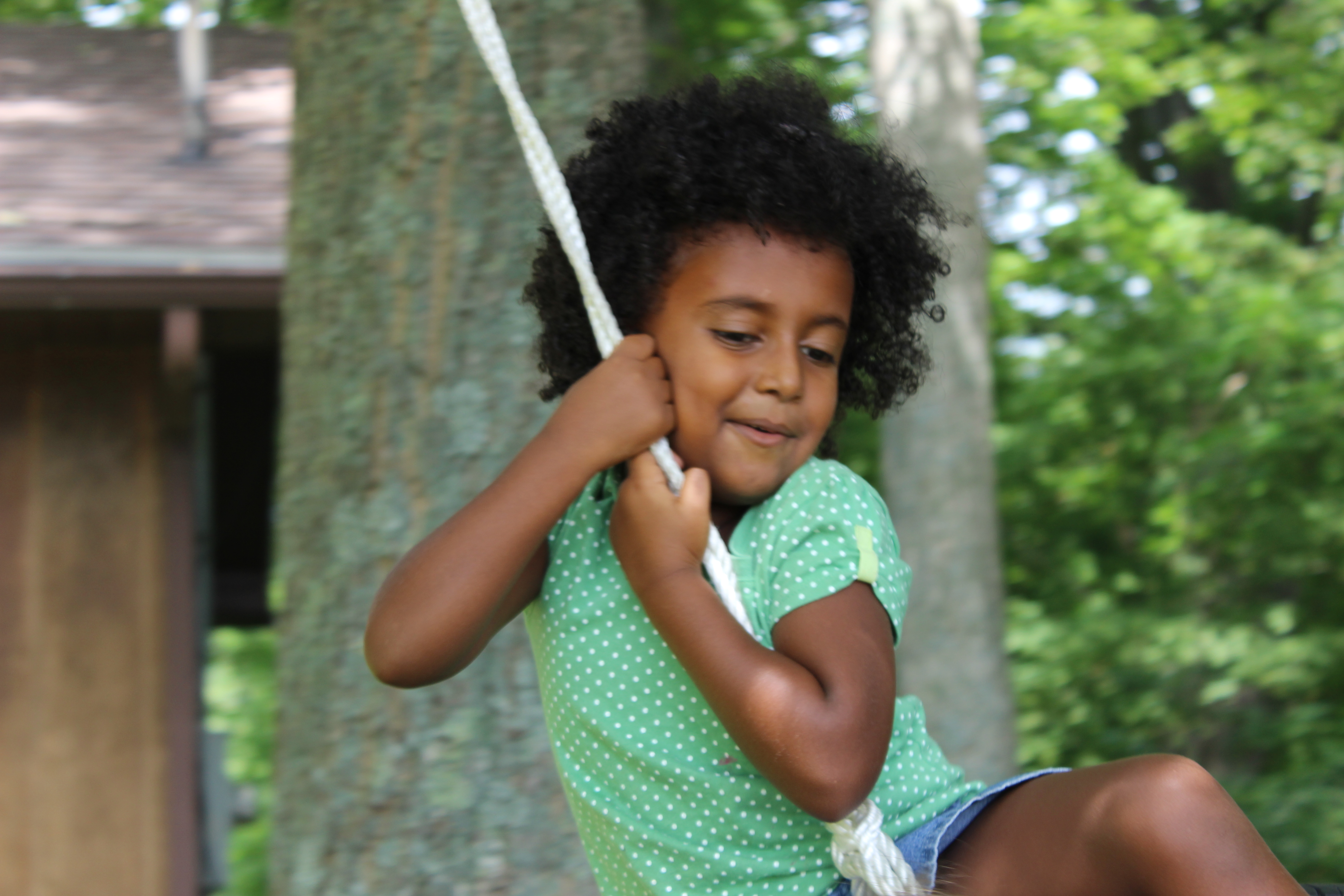So in the past two blogs, we have talked about how respect is one of the most important ways we can put action to the words “I love you”, what types of behaviors we see in our kids, how we tend to respond, and some of the ways our hearts need to change for better relationships.
It’s not easy and it may feel uncomfortable. It may feel like you’re focusing on the wrong thing and letting bad behavior slide. But here’s why parenting with respect is so vital:
1. They’re human beings. If you’re a boss of an office full of adults, there are certain ways you go about getting them to comply and certain ways you don’t, and those “ways” have everything to do with general courtesy and respect. If you’re the boss, you set the tone in the office for how people are going to interact. Same for a parent. If we want a house with no yelling, no muttering mean things under breath, no hurtful sarcasm, no interrupting and talking over each other, no harsh judgment or interrogation, and no heightened negative emotions brimming over in our speech, it’ll start with us. We live in a world right now where being a human being isn’t enough reason to show love and respect to one another. We have to change that! We will see respect if we set the tone for it with our own words and actions.
2. We need to learn to show respect to our kids because respect opens up their heart and mind. Lectures and punishments literally shut down parts of their brains, and we can see it in their eyes! They either lash out or retreat in, but either way, we see it, and we keep going because we don’t know what else to do to make a bad behavior stop. Respect, shown by listening, gentleness, affection, and other efforts to show unconditional positive regard, relax their mind and heart (literally!) and give us a way in. The heart is where the real change happens, and respect is an open door into their heart.
3. Respect raises a child’s self-image and what they think of themselves. When we show them and say out loud to them, “You’re worth my time and attention, you are not a problem”, that becomes a part of their identity. We want others in their lives to see their worth, right? When they are grown we will expect them to even demand that from their spouse or co-workers, right? We have to recognize their worth ourselves and teach it to them now.
4. Respect builds trust. They begin to believe that whether they’ve messed up or not, whether they’ve done something acceptable or the opposite this time, they still belong. Instead of always feeling like they have to strain to achieve that secure spot, they begin to believe they are already living in it. Then their choices and actions will reflect that status.
Kids (and adults) hear a lot of lies in their heads about not being good enough, not being loved, not belonging. In so many people, that’s just there…a sense of it always there. It really breaks my heart. We have the chance and the power to speak against those lies with everyone we come in contact with, and especially our children, through showing them respect that is unrelated to what they do or don’t do.


